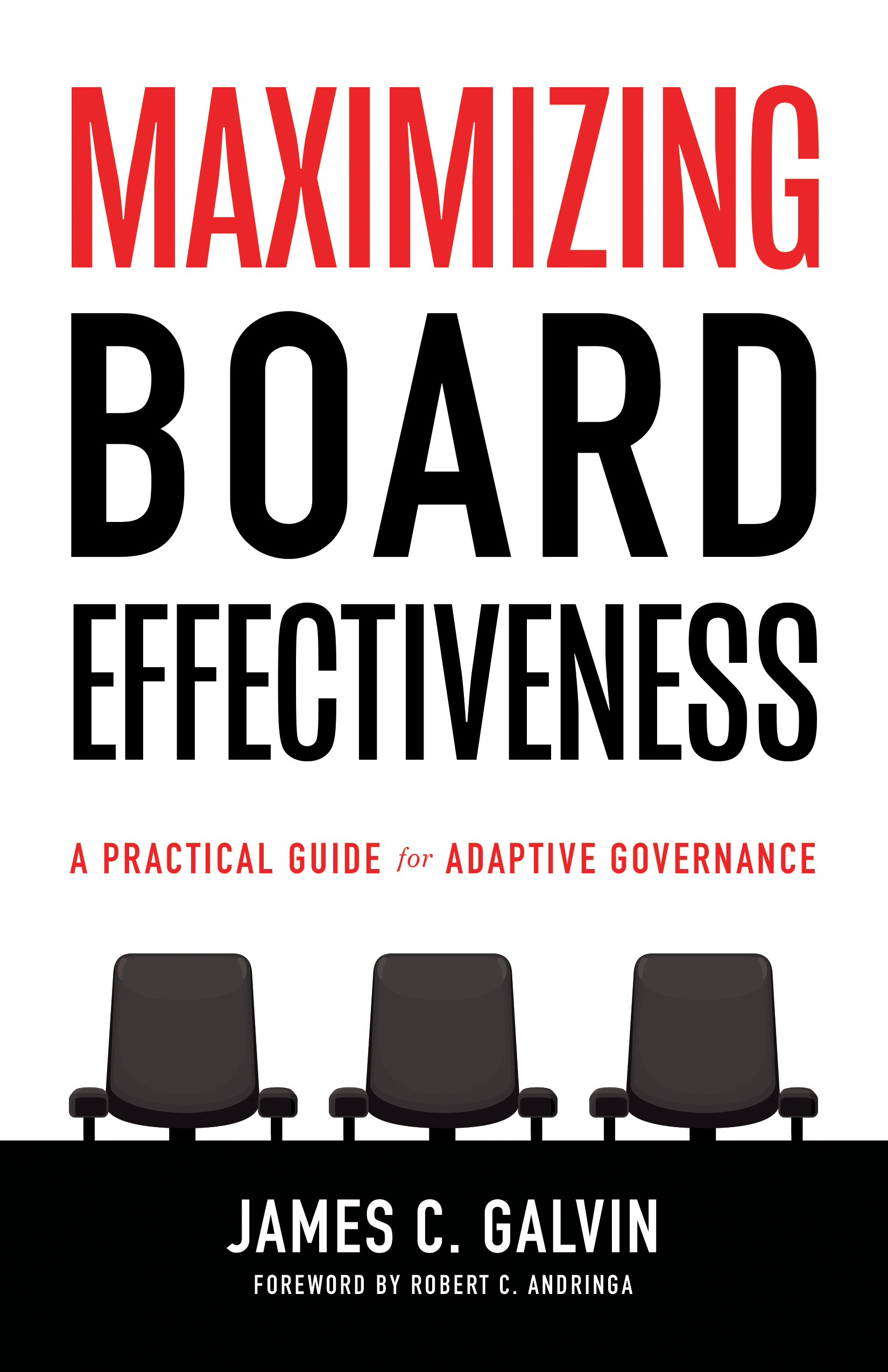Why You Need to Invest in Yourself
7.08.2016
I just finished upgrading to a new computer, software, and services…and I’m exhausted. This was not a minor change for me. My current setup was over five years old and I was fearing major hardware issues. I hired a friend for three days to help me move from:
- Old Dell desktop to new HP desktop
- Windows 7 to Windows 10
- Wired keyboard and mouse to wireless
- Office 2013 to Office 365
- Files stored on local hard drive to cloud sync
- Old printer to new printer
- Skype to Skype for Business
- POP 3 email to Exchange Server
- Few passwords to an online password manager
We experienced challenge after challenge getting everything downloaded and set up. After three days, I was traumatized. I was a victim of change overload. I took a whole day tech-free just trying to get emotionally restored. But it was worth it.
This major upgrade in everything was much needed. I was hampered in what I could and could not do on the road. My intent was to reduce the risk of a hardware failure (which would be highly inconvenient) and increase my capacity through new software and services to do more and better work for clients. This was an investment in my personal capacity.
Whether it involves learning a new skill, buying new equipment, or changing important habits, people rarely make these kinds of investments in themselves voluntarily. Why?
- Building personal capacity can be painful
Certain kinds of changes can take an emotional toll. Too much change at one time can wear you down. Being forced to learn new ways of doing things is not pleasant.
- Building personal capacity can cost money
Tuition is expensive. New clothing or tools can be expensive. You may have to hire a coach or tech help. The goal, of course, is for the new capacity to protect incomes and reduce expenses over time.
- Building personal capacity can take time
Finishing an online class can take months of evenings and weekends. Calling tech support to resolve a software issue can take hours. Learning new ways of doing things will take longer at first. Hopefully you will go slow at first in order to go faster later.
- Building personal capacity is easy to postpone
Because most of us feel we are busy, a big temptation is to postpone personal development and capacity building to a later date when, as we say, “we’ll have more time.” Scheduling these kinds of activities during seasonal slow times is a good idea, however.
- Building personal capacity is tempting to resist
Currently, there are a lot of PC users who are refusing to upgrade to Windows 10, even though it is free! (I should talk; I put if off as long as I could.) Some people have a deeply ingrained value of fully using up what they have before replacing anything. Some don’t feel a need to learn anything new.
Not every investment of time and money will effectively build your capacity, only those that relate to a core competency, a limiting factor, or represent a serious risk. Consider the landscaper who is struggling with the question of whether to buy a new zero turn mower or try to squeak out another mowing season with his old one. Consider the mother of two infants who wants to change her diet and exercise habits but doesn’t feel that she has any time. Consider the young manager who is wondering whether he should pursue an MBA now or wait a few years until he might be better able to afford the tuition. These are personal capacity building challenges.
What is a serious risk you need to mitigate? What is about to become a limiting factor for you? What core competence do you need to sharpen? What will it take for you to get started?


